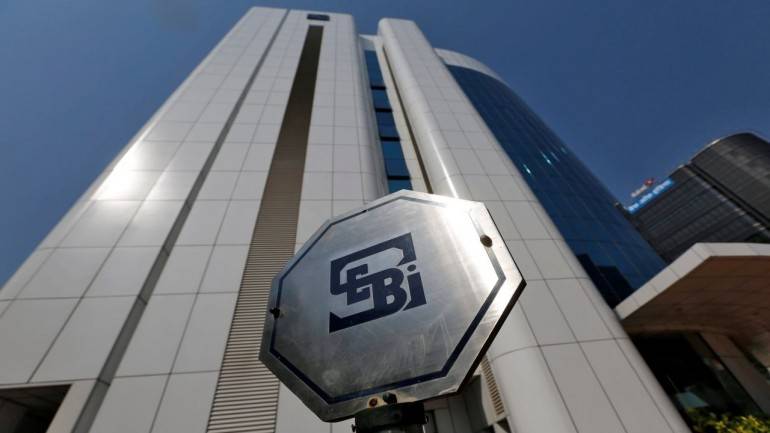The markets regulator may finalize all norms within the next two to three months

The Securities and Exchange Board of India (SEBI) has released a discussion paper, seeking public views regarding compliance with SEBI regulations by listed entities undergoing bankruptcy proceedings.
In the discussion paper, SEBI has addressed disclosures, trading on stock exchanges, material related party transactions, reclassification of promoters, compliance with the minimum public shareholding requirement and delistings pursuant to resolution plan or liquidation. The markets regulator may finalize all norms within the next two to three months.
SEBI has divided insolvency proceedings into three distinct stages — The period before an application to initiate bankruptcy proceedings is admitted by National Company Law Tribunal (NCLT); stage two is from the time NCLT admits the application till the time the resolution plan is approved by NCLT. Stage three is the period when the plan as approved by NCLT is being implemented.
Pre-insolvency stage
Currently, there are no specific disclosure requirements pertaining to filing or admission of an application for initiating CIRP. The regulator has proposed that a company should inform them regarding exchange of price-sensitive information — filing of application by a corporate entity or creditors against a corporate debtor for initiation of CIRP, the amount in default as stated in the application, receipt of demand notice or a copy of invoice demanding payment of the amount involved in default.
Post-insolvency stage
Within the current framework, all material related party transactions (RPTs) require the approval of shareholders through a resolution. Related parties are required to abstain from voting on such resolutions. However, SEBI sought public comments on Listing Obligations and Disclosure Requirements (LODR) regulations being amended to clarify that shareholders’ approval will not be required if a listed corporate debtor undertakes material RPTs as part of a resolution plan approved by NCLT.
Dealing with assets of material subsidiary
Selling, disposing and leasing of assets amounting to more than 20% of the assets of a material subsidiary on an aggregate basis during a financial year shall require prior approval of shareholders by way of a special resolution. SEBI is planning to dilute this requirement and has sought comments from the public on the same.
Reclassification of promoters
The declassification order of ArcelorMittal has sparked a debate on how the procedure works. The current framework of SEBI stipulates that increase in the level of public shareholding pursuant to re-classification of a promoter shall not be counted towards achieving compliance with the minimum public shareholding requirement.
SEBI received representation that in terms of resolution plan approved by NCLT, the existing promoters may be diluted to an extent that they may not be left with any significant shareholding and/or control in the listed corporate debtor. In respect of such cases, relaxation of the conditions prescribed under Regulation 31A of LODR Regulations has been sought for re-classifying such promoters as public shareholders.
It has also been suggested that such reclassified shareholding should be permitted to be counted towards achieving compliance with the minimum public shareholding requirement.
Compliance with minimum public shareholding requirementA listed entity shall comply with the minimum public shareholding requirements. However, as part of implementing the resolution plan, if the public shareholding falls below the level of 25%, then the listed corporate debtor may be granted 2 years' time instead of the current 1-year period, to achieve compliance with the minimum public shareholding requirement of 25%.